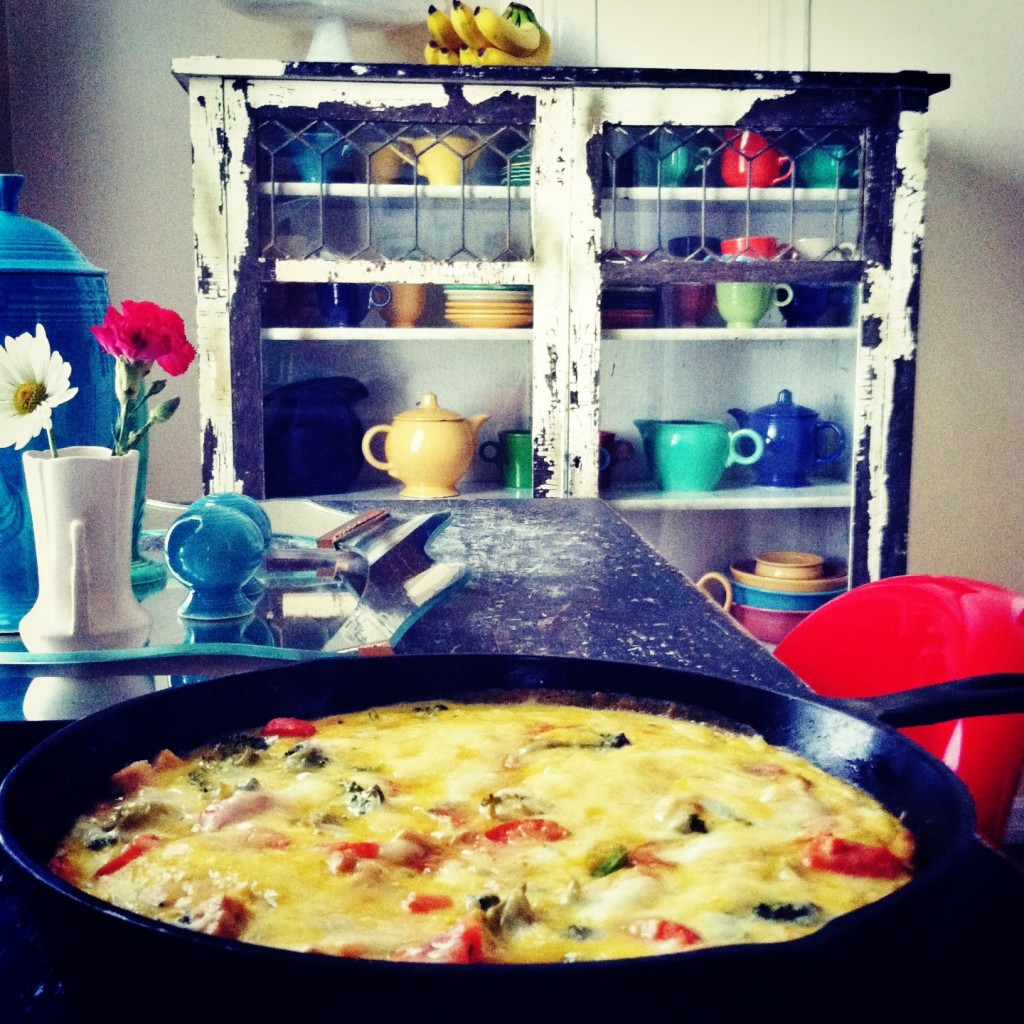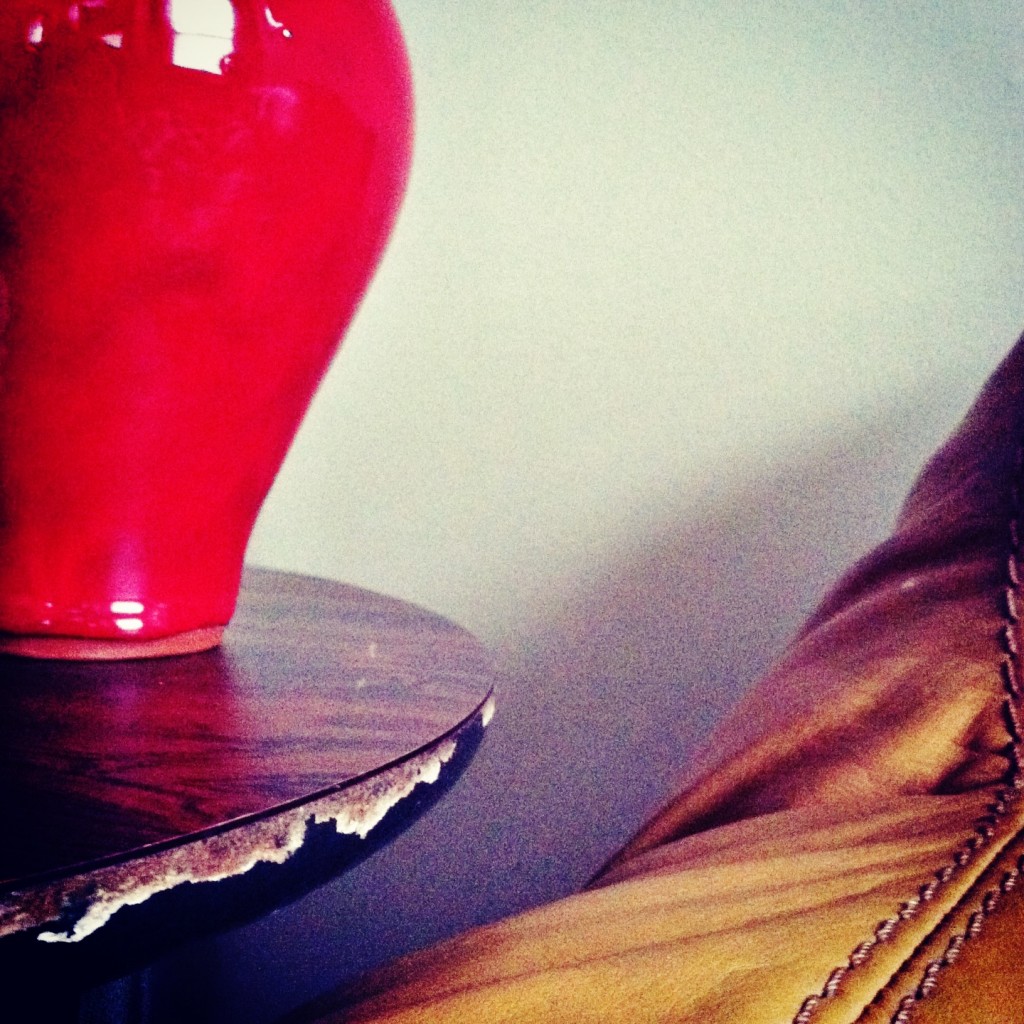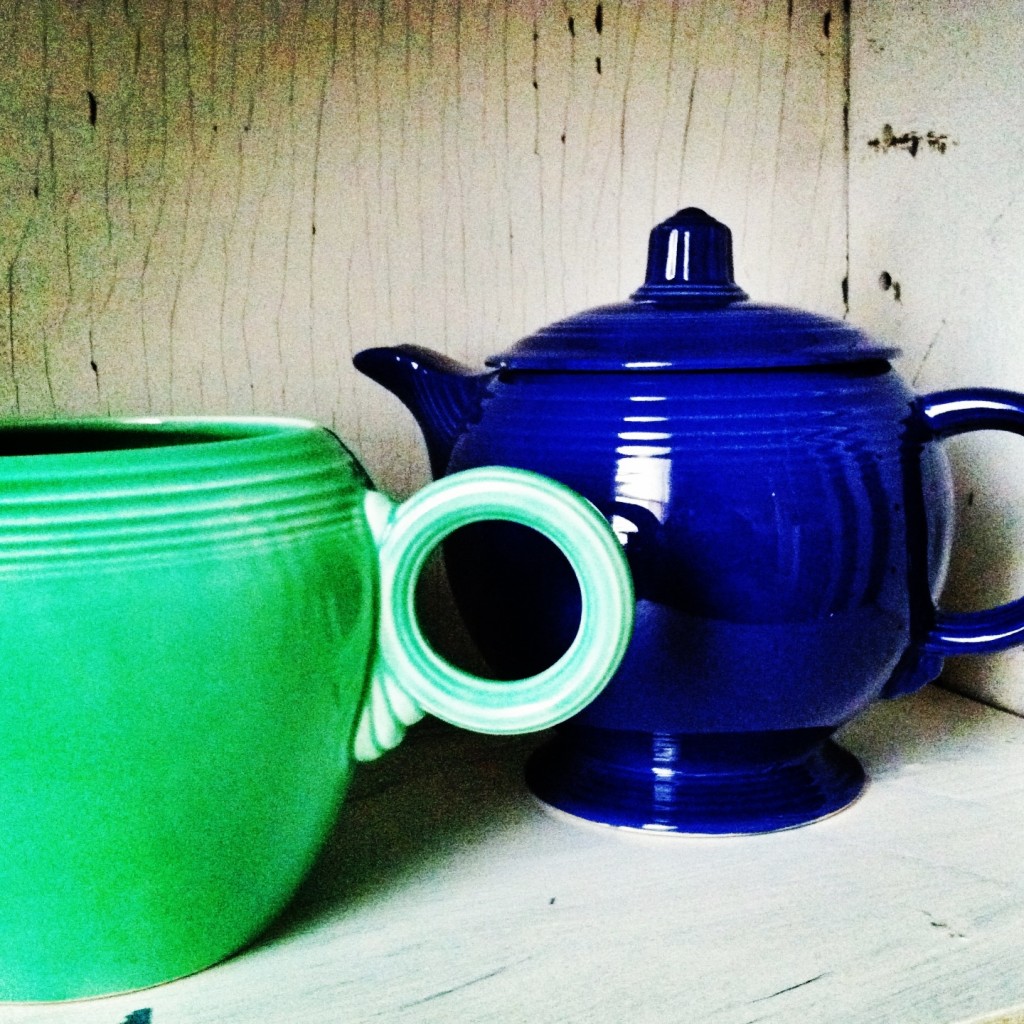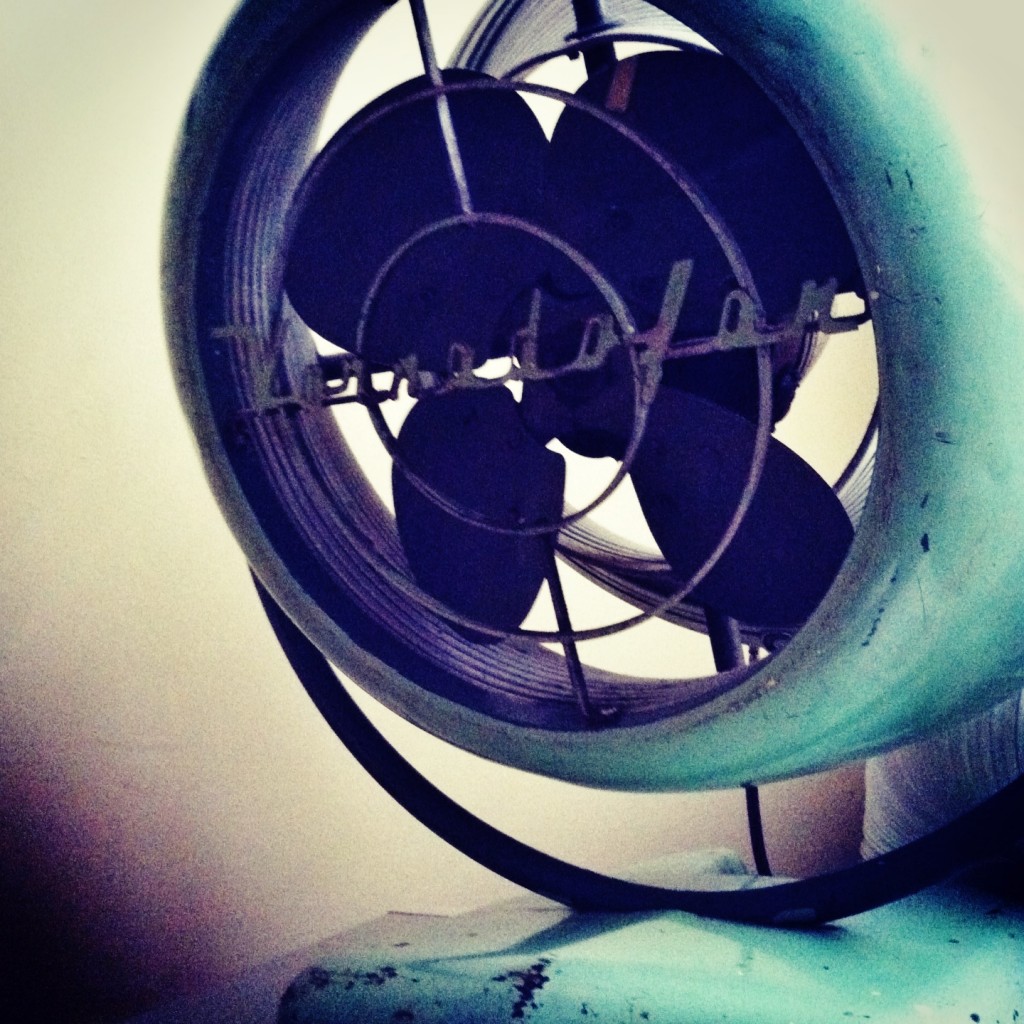Hunched over the cast iron skillet like a vulture over carrion, I deem Operation Frittata a success. Then slice off a slab of the eggy mixture, tossing it back and forth between my hands before demolishing it without the slightest degree of civility.

Once cooled, I carefully remove the rest of the impromptu dinner to the fridge, leaving the sturdy skillet caked with the browned, cheesy leavings. Still, the skillet exudes a bit of rude refinement–an oddly contradictory, apropos description that captures everything I love about cast iron.
And about most things in general.
Without allowing my analogy-oriented mind to deconstruct every little kitchen tool we have, I’ll just write that, like people, it takes a lot of work to season cast iron to perfection. And even then, constant maintenance to ensure it’s utility.
***
Whether it’s the pervasiveness of hipster trends, or the recession reminding us of the economic hurdles our country has had to clear, it seems that many of us–not just twenty- and thirty-somethings–are looking back a lot these days.
Some with nostalgia, some with hope.
It’s odd that we’d look back to decades filled with Depression-era hardship and Cold War-inspired paranoia and get all glazy-eyed and hopeful for the future. But it’s not that I have friends who long to build bomb shelters in their backyards, or collect twine for resale. It’s that so many of us are searching for comfort in things that have withstood the test of time, and have aged like a fine wine–the old, the worn, the refined.

Maybe even the ethics and morals some of us gleaned from our grandparents.
Perhaps we hope that, through osmosis, the Fiestaware teapot will pour out a few of life’s secrets with the Celestial Seasonings. (Not that I’m projecting.)

The vintage leather chair will cushion the blow of a failed interview, and its cracked arms will remind you, at exactly the perfect moment, that wear and tear is part of the process. (Really, I’m not projecting.)
 The Vornado fan won’t blow the proverbial shit your way, but will keep the breeze blowing, the air beneath your wings flowing. (Okay, I’m projecting.)
The Vornado fan won’t blow the proverbial shit your way, but will keep the breeze blowing, the air beneath your wings flowing. (Okay, I’m projecting.)

And sure, we don’t need things to remind us to harness our in-built tenacity, the drive to keep going.
Because that’s what movies are for! You know, those tried-and-true go-to flicks that remind you to put down the fork, step away from the frittata, and channel your inner innovator.
Julie & Julia is one of mine, even though I have to constantly remind myself that Amy Adams is a good actress–she just always gets cast as the woe-is-me-I-have-low-self-esteem character. (The real-life equivalent of me! Kidding. Sort of.). Plus, anything with Meryl (we’re on a first-name basis) lifts me up.
It’s not that the film leaves me in an ohmygawd, slack-jawed state. It’s that it makes attaining my writerly dreams seem possible. I know. I shouldn’t need a movie to remind me of that. But I think the reason why it resonates is because it’s illustrative of starting over later in life–both for Julie and Julia: two people who let life sidetrack them, but got back on course through sheer determination and lots of butter.
So maybe the root of why folks drowning in this economic cesspool are valuing vintage, antiquey things and historic spaces from our grandparents’ days is that we’re trying to channel that resolute drive, that entrenched stubbornness to not yield, to stay the course. To layer our lives and experiences with that same sense of accomplishment despite the country’s tenuous economic state and hyper-divisive political landscape.
Maybe my perspective’s skewed since several people, after chatting with me a bit, have told me I’m an “old soul.” That I frame things in a way that nods to the past. Regardless, I think there’s something more. Which shows that my inner-anthropologist will always be there–dissecting every experience, trying to distill out the greater meaning.
***
Coarse sea salt trickles out of the Fiestaware shaker and quietly ricochets inside the skillet, across its well-worn, carefully-curated sheen.
It makes me think of Norman. The phone rings.
It’s Norman.
“You know, I was just looking through my old recipes for cast iron cooking. And I figured he’d packed the pans and whatnot up in storage, or would dine out and not have need of such things.”
I smile, and laugh.
“Actually, I’m just prepping dinner now, using that big skillet you gave us. So they’re definitely not in storage. I love’em too much.”
Maybe it’s just the longevity of the things that make me appreciate them. Or their heft.
But I think it’s the stories they tell.
The lessons they embody.
The inner strengths they elicit from us, reminding us that we’re more than capable.





